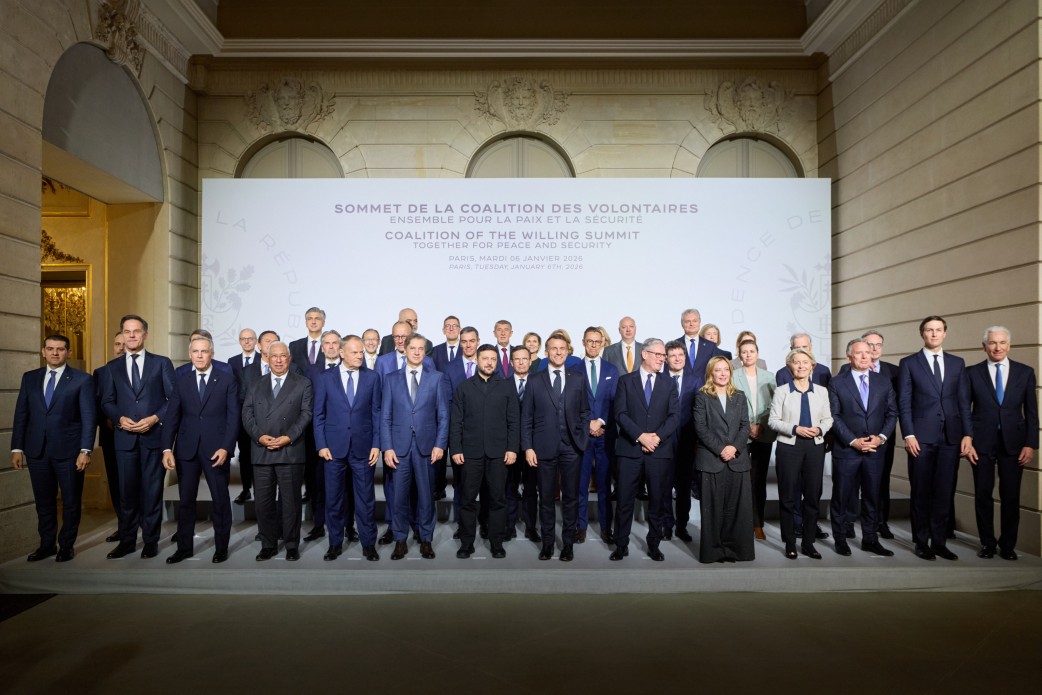Internet mercenaries intimidated Bulgarians with Ukrainian refugees, sowed panic about rising food and fuel prices, and promoted the thesis that the West is an unreliable ally of Bulgaria.
The Kremlin paid Bulgarian journalists, political analysts and other influential citizens 2,000 euros a month for posting pro-Russian content on the Internet. AR report this with reference to a high-ranking Bulgarian official. "When Bulgaria, Poland and other countries of the former Warsaw Pact supported Ukraine on the side of their NATO allies, Russia responded with a wave of disinformation and propaganda," the publication notes.
Russia is exerting pressure when governments in Eastern Europe, like those of other countries around the world, are trying to deal with discontent and unrest caused by rising fuel and food prices. Concerns about the state of the economy and fuel prices increased when Russia cut off natural gas supplies to Bulgaria in the spring. The upheaval prompted President Rumen Radev to declare that his country was entering a "political, economic and social crisis."
Russian embassies have become key coordinators of the spread of disinformation, especially after many technology companies began restricting Russian state media in connection with the Russian invasion of Ukraine. Bulgaria recently expelled 70 Russian diplomats over concerns that they might be spies. This prompted the Kremlin to threaten Bulgaria with the severance of diplomatic relations. In the same week, the Russian embassy in Sofia published an appeal calling on Bulgarians to donate money to support the Russian army. The Bulgarian government reacted angrily to this attempt by Russia to demand donations for its war from the residents of a NATO member country. The Russian embassy also spread conspiracy theories that the US allegedly runs secret bio laboratories in Ukraine.
Trolls, fake and anonymous accounts remain an important part of the Russian arsenal in the war against Ukraine. Researchers at the Disinformation Situation Center, a European non-profit organization, discovered anonymous accounts that spread Russian propaganda and online harassment of Bulgarians who expressed support for Ukraine. Given the speed and similarity of the attacks, some of the pursuits appeared to be coordinated. "This intimidation tactic is not new, but the war in Ukraine partially brought the coordination of these efforts into the public space," the Center's researchers say.

The center also discovered a network of three anonymous Facebook accounts promoting pro-Russian views that researchers believe may be part of a Russian disinformation campaign. Facebook said it had investigated and found nothing to indicate the accounts were part of a disinformation network. Instead, it was found that they were managed by one Bulgarian user who reposted someone else's pro-Russian content.
Russia uses disinformation measures in other countries of the region as well. In Poland, this takes the form of anti-Western propaganda and conspiracy theories. One of them, which a Russian hacker group distributed in an attempt to quarrel between Ukraine and Poland, contained the assumption that Polish criminals were harvesting organs from Ukrainian refugees.





















